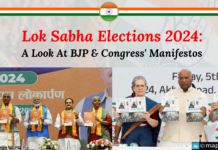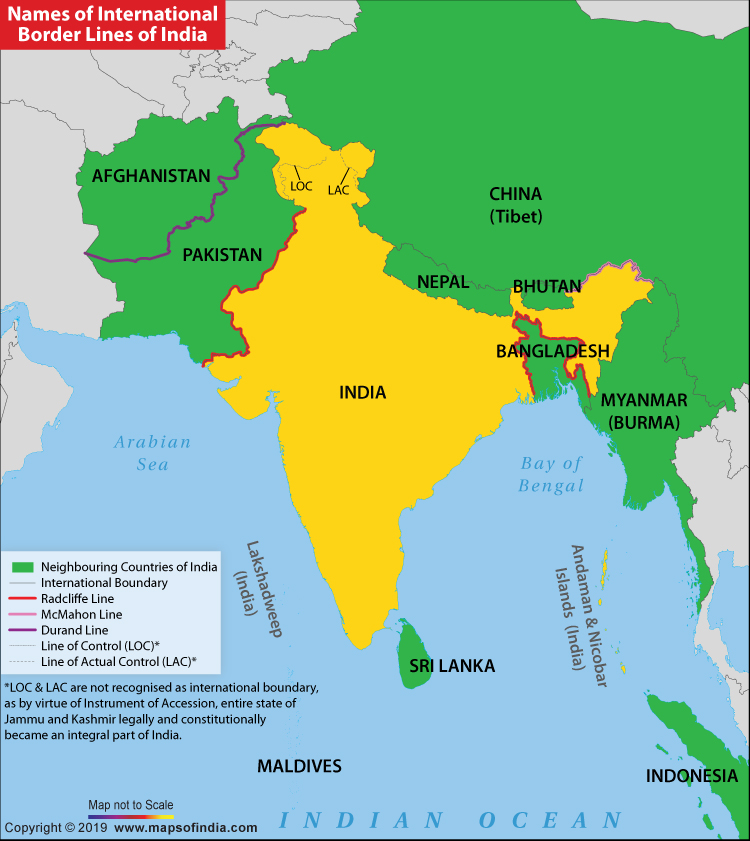After almost one and half decade of the Kargil war, India and Pakistan are once again staring down the barrel of yet another war. There have been allegations from the Indian army that its soldiers have been killed by not terrorists but specially trained squads of the Pakistani army who crossed the LoC and beheaded two Indian soldiers. Ceasefire violations have reached an all time high and diplomatic relations have gone for a spin and is at the lowest point after the 26/11 attacks in Mumbai in 2008.
In sensitive areas like Mankote and Mendhar in the bordering Poonch sector of the terror struck state of Jammu and Kashmir, ceasefire violations can be evidently seen as witnessed in a number of video footages showing ceasefire violations. A total of 71 incidents of ceasefire violations have been reported till August 19 alone which is an increase of around 85 % in the same period in the last year. The residential areas in the Poonch district have come under heavy firing of grenades, mortars and rocket propelled grenades (RPGs). In addition, there has been constant rounds of firing by automatic weapons fro across the LoC.
India has been under tension along the borders not only by the actions of its western adversary but in its north and north east by the more powerful Chinese army. The Chinese army has been caught red handed on many occasions of crossing over the border in the Himalayas and setting up temporary camps. At the same time, the red army has been proclaiming regions in the state of Arunachal Pradesh as their own. The difference in the case of Chinese incursion is that there has not been a single casualty that has been reported or a gun shot fired. As such, these moves have only been interpreted as flexing of the diplomatic muscle in the region to keep the ever increasing influence of Uncle Sam at bay. However, the ceasefire violations by Pakistan have made the Indian administration and general public furious as many soldiers have been killed along the LoC in the past 2 months. Six jawans have been reportedly killed and five others have been injured in cross border shelling and firing in the month of August alone.
The Indian army has alleged that the specially trained Border Action Team (BAT) unit of the Pakistani army is behind the attacks along the LoC. The Pakistani counterparts in the army have evidently denied all the allegations labeled upon them and have counter alleged the killings as conspiracies by the Indian army. There has been a series of blame games between the politicos of both the countries and the media. Heated debates and discussions related to the issue have become the centre of attraction in the news channels of both the nations. It is significant to note that these violations and killings have come after the successful and high profile Pakistani general elections. After becoming the first government to complete a full-fledged five year term, the People Party of Pakistan (PPP) was completely swept out from power by the Nawaz Sharif led Pakistani Muslim League. The limelight was also on the former cricketer turned politican, Imran Khan, whose Pakistani Tehrik e Insaaf gained significant share and also formed the provincial government in the western provinces of the country.
Many might also remember that Pakistan was willing to grant the most favoured nation status to India which could have increased the trade volumes between the countries. Pakistan, which is a large producer of raw materials like cotton could have proved to be a boon to the Indian textile industry which currently is facing stiff competitions from cost economic volumes from countries like Bangladesh. Also, import of onion is also on the move amidst the border tensions as Pakistan along with Iran is one of the largest producers of onion at the cheapest rates.
In 2004, when the Agra Summit was called off between President Musharraf and PM Atal Bihari Vajpayee, many speculated a war between the neighbours. In the aftermath of the 26/11 terror attacks in Mumbai which have been proved to be orchestrated by Pakistani terrorists under the supervision of kingpins like Hafeez Sayeed, war seemed imminent. The current situation is no different. However, the factor that offers a host of problems for India as a nation in the context of its relation with Pakistan is the hindrance Pakistan creates for the Indian businesses to reach West Asian and Central Asian countries. Instead of a doorway, Pakistan has always acted as a check-gate and barrier, the prime example being the gas pipeline with Iran. So, it would be interesting to see where we are led this time.




